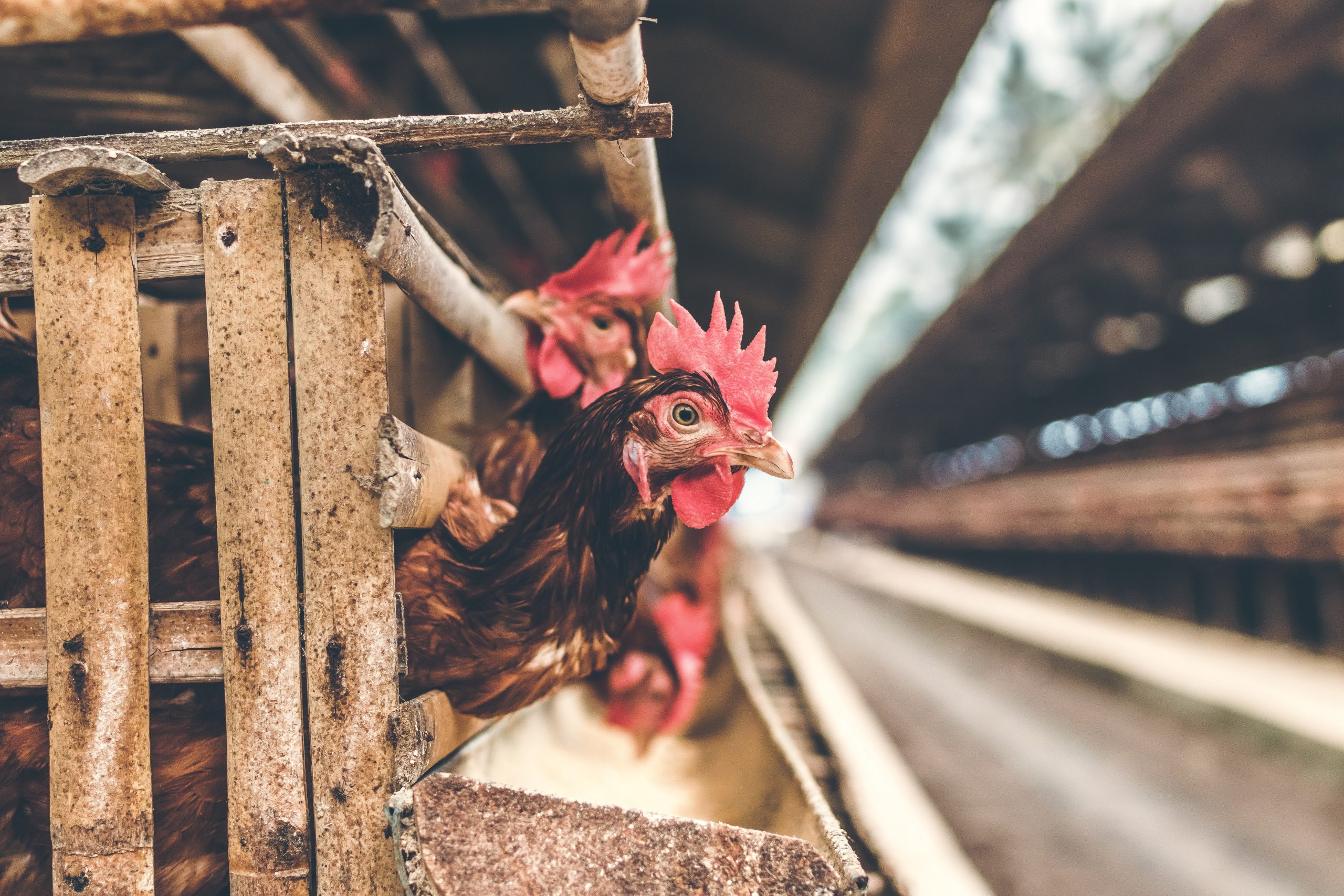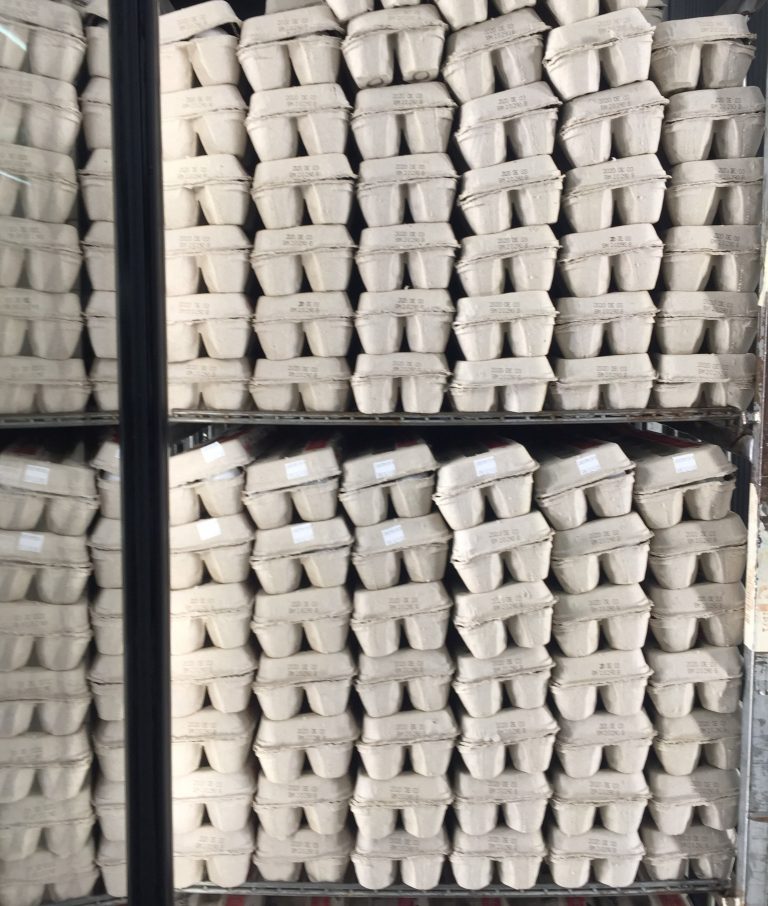Want to Buy a Home? Start Saving. It Could Take 30 Years!
As housing prices in Canada hit new highs, questions are being asked about how much bigger the gap between incomes and home prices can be before there are major structural shifts in the economy. Like many cities in the United States, Canada’s big cities of Toronto and Vancouver are seeing home prices rise at an ever-faster pace putting them out of reach for many would be buyers. Indeed, an individual in Canada making a median income, saving about 10 percent toward a down payment will have to save for more than a quarter of a century to be in a position to bid on a house in Toronto and an astounding 34 years to make a down payment on a house in Vancouver. The gap between income and housing prices in Canada is higher than in any other G7 country, including the United States. In fact, those hoping to purchase a home in Canada are likely to be in their mid to late careers rather than at the beginning, changing the economic and demographic landscape associated with wide-spread home ownership.
As in the United States, especially in coastal areas, many Canadians have no expectation that they will ever be able to afford to buy a house in the city in which they grew up. Instead, spiraling home prices may force them to continue to rent or purchase property much further away. Furthermore, because it is so difficult for younger people to be able to purchase their home, they will miss out on the wealth building typically associated with longer-term home ownership, potentially changing their financial futures.
The issue of housing affordability in Canada is complicated by the lack of transparency in the market. The lack of transparency means that homes in Canada can sell for significantly more than asking prices creating additional challenges for would-be buyers. In contrast, buyers in other developed countries like the United States generally have more clarity when making opening bids. Solving the housing affordability problem in remains a popular talking point for politicians, in both Canada and in the United States, however, it is not an easy problem to fix. Finding a solution involves resolving the shortage of housing options by building more houses, especially less expensive ones. Yet, as long as demand remains strong, builders are more likely to focus on higher end houses, perpetuating the current challenges in the housing market and at least for some making the idea of home ownership a pipedream.
Discussion/Questions:
- What are your expectations regarding home ownership? Is its still part of the American dream? Explain.
- Consider the structural changes of an economy based on renters rather than home buyers. What changes are likely and what are their wider economic implications?
- Why is the gap between housing prices and incomes so high in Canada relative to other G7 nations? How does the lack of transparency in the market make it more difficult for buyers? Could the lack of transparency result in a housing market crash?

Sources: BBC News: Why it takes 30 years to buy a house in Canada. Photo by Nextvoyage from Pexels.













